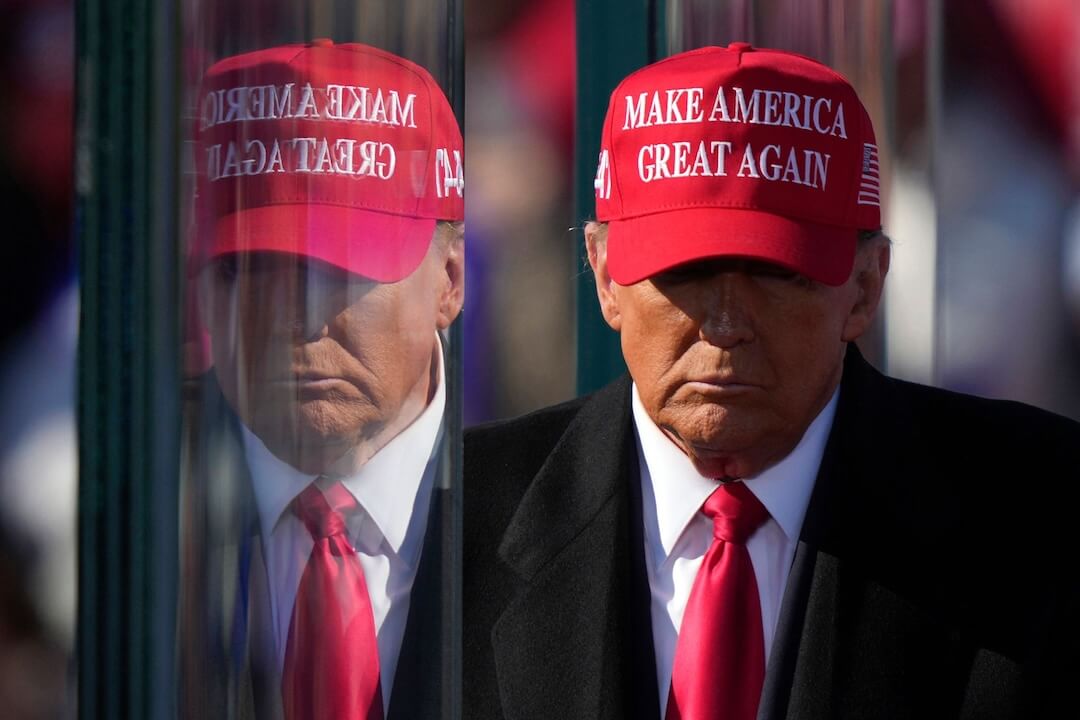Facebook is more than 99 percent “authentic,” CEO Mark Zuckerberg wrote in a long status update on Saturday night. The precision and assertiveness of his response raise the question: how does he know?
His assurances must be based on internal research, but this data is not publicly available. Its assumptions and consequences cannot therefore be properly scrutinized.
Zuckerberg’s claim came days after the election, as some observers criticized Facebook for its role in propagating hoaxes. Under fire from some quarters — but not all — the founder of the world’s pre-eminent social network batted away criticism.
Of all the content on Facebook, more than 99 percent of what people see is authentic. Only a very small amount is fake news and hoaxes.
This response came close on the heels of a q-and-a where Zuckerberg expressed essentially the same thought.
I think the idea that fake news on Facebook — of which it is a very small amount of the content — influenced the election in any way I think is a pretty crazy idea.
A Facebook spokesperson told Poynter that “the post speaks for itself.” Experts consulted by Poynter, however, were skeptical of the figure.
“The claim that 99 percent of content on Facebook is authentic is itself a fake,” says Walter Quattrociocchi, assistant professor at the IMT School for Advanced Studies in Lucca, Italy. There is no way to make such a sweeping assertion because “a lot of posts are neither verifiable nor falsifiable,” he says.
“It would be impossible to fully quantify the amount of fake news on Facebook,” says BuzzFeed hoaxbuster Craig Silverman.
Because of that, most analysis has tried to compare the reach of widely shared fake news within a specified sample. Research Quattrociocchi co-authored found that over four years, 39 conspiracy news pages in Italy were about three times as prolific as 34 scientific pages.
Earlier this year, a study of the 200 most popular posts about Zika found that 12 percent of them contained misleading information. This figure, however, underestimates fake news’ reach. The most popular erroneous post, calling Zika a hoax, was shared over 500,000 times. In comparison, a credible video from the World Health Organization was only shared 43,000 times.
Zuckerberg underscored that “hoaxes aren’t new on Facebook.” Unverified rumors have gone viral long before the social network, or even the internet, existed. But Facebook offers a huge opportunity to study their reach and consequences.
Facebook has published the results of research from their data scientists in the past, for instance on rumor cascades and News Feed diversity. It could do so again, sharing any research Zuckerberg may be hinting at.
Keeping research private will raise skepticism about its findings, University of North Carolina at Chapel Hill assistant professor Zeynep Tufekci tweeted on Sunday.
Stats Zuckerberg shared are meaningless. Independent researchers have no access. It’s as if the tobacco companies had all the hospital data.
— Zeynep Tufekci (@zeynep) November 13, 2016







